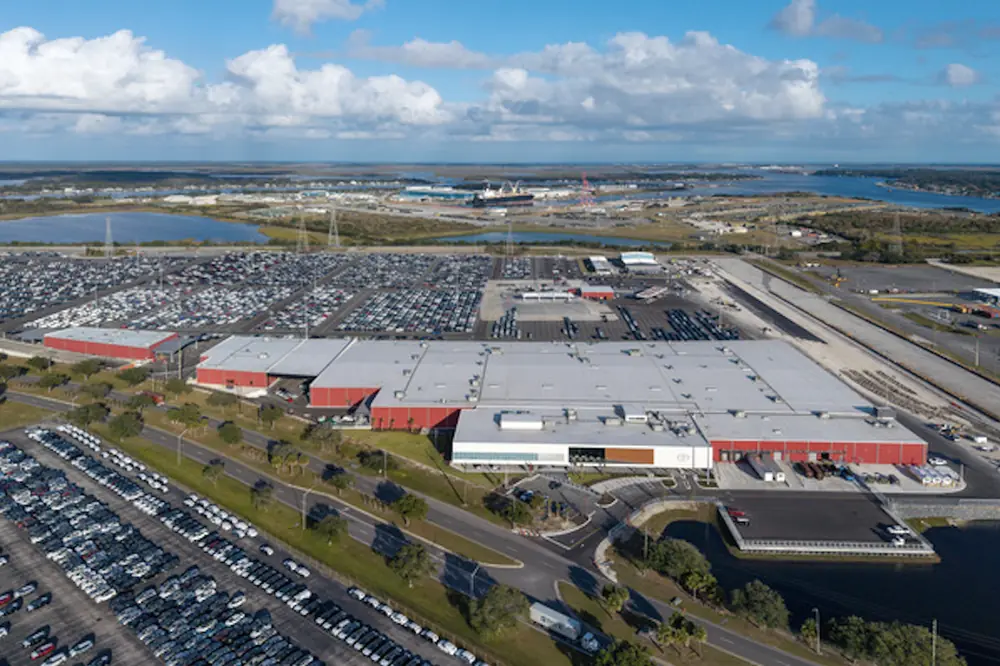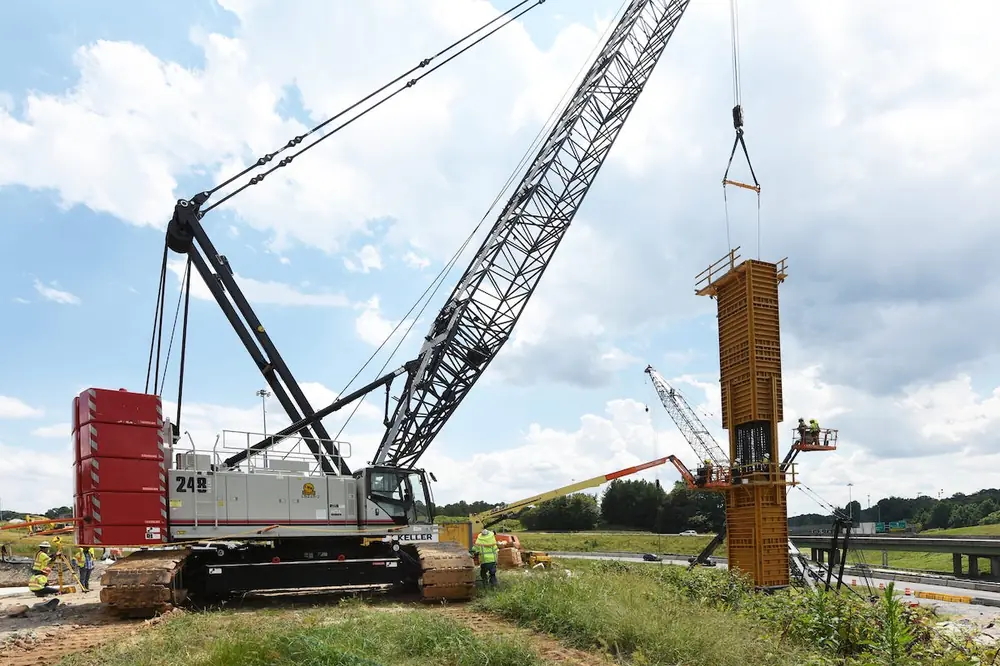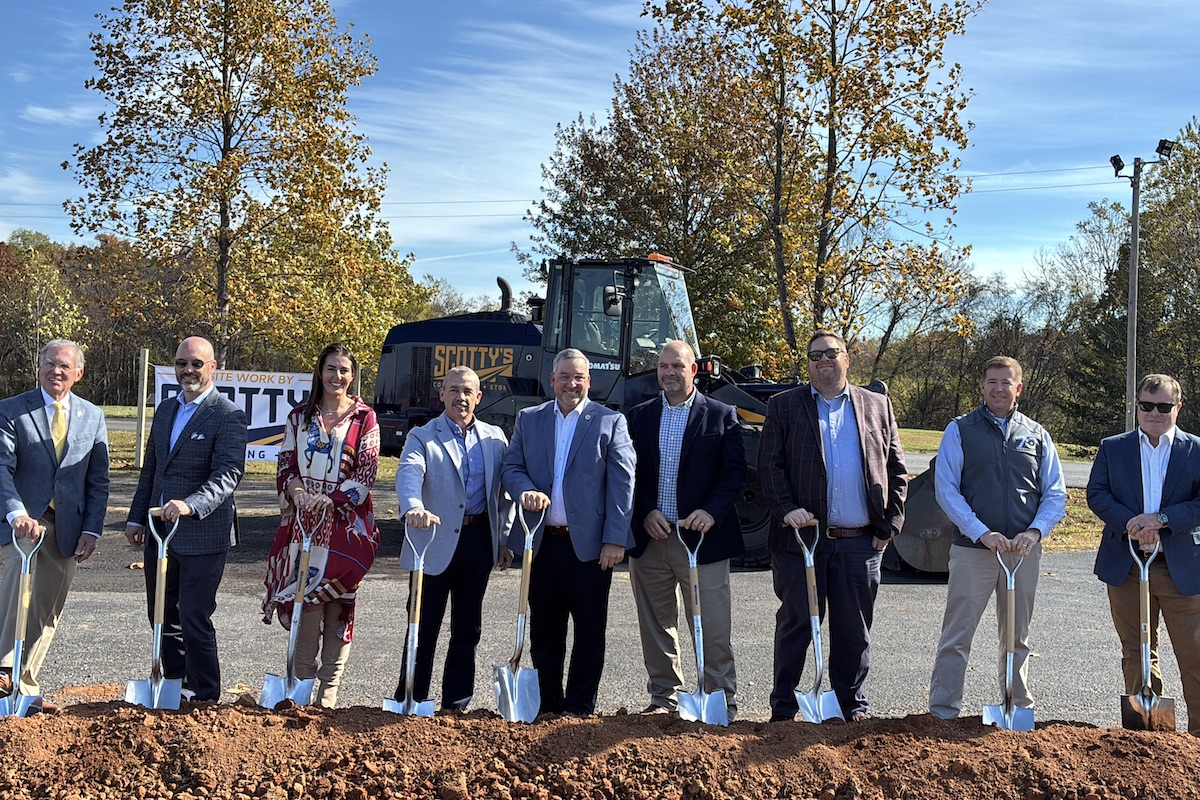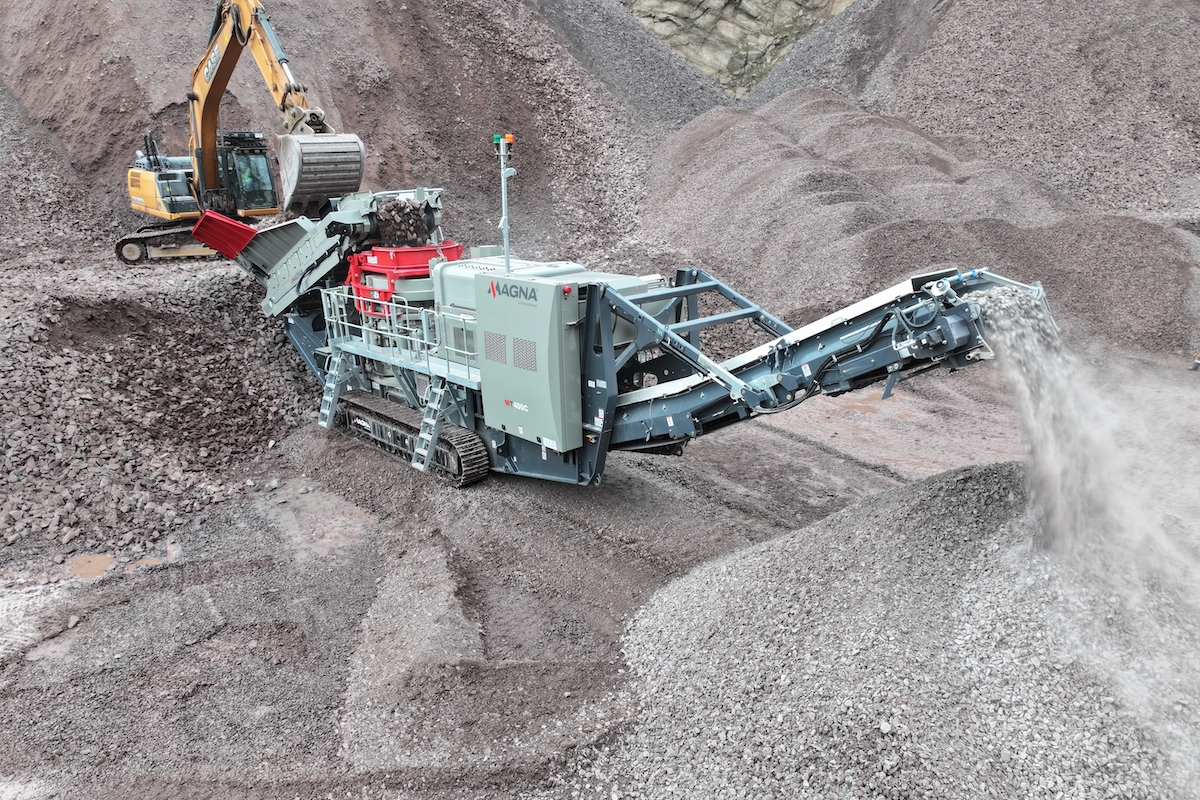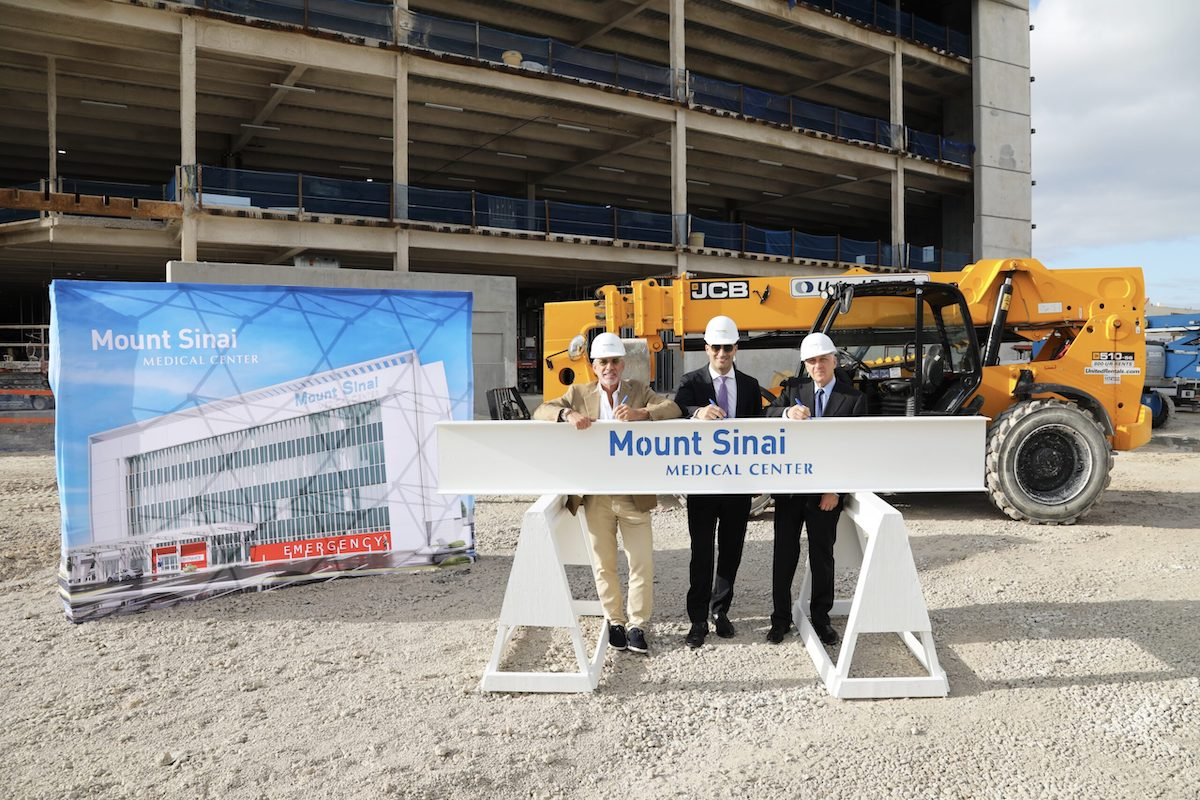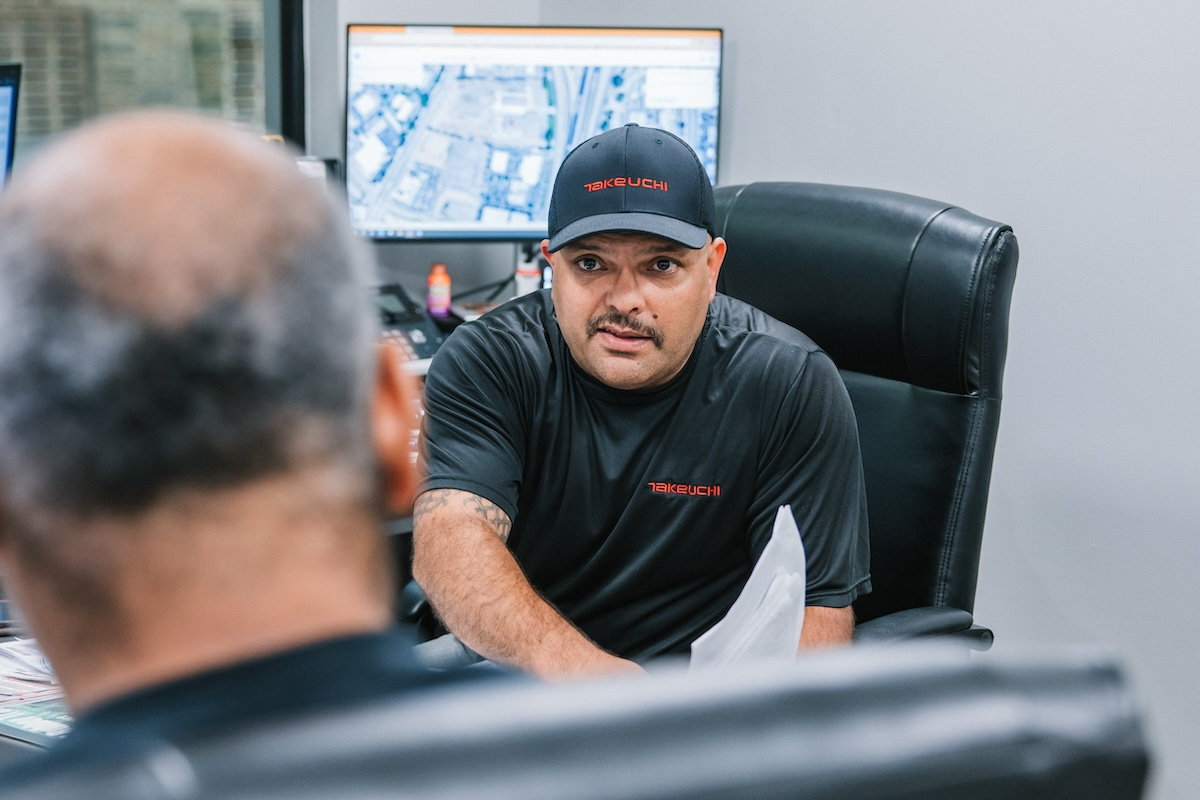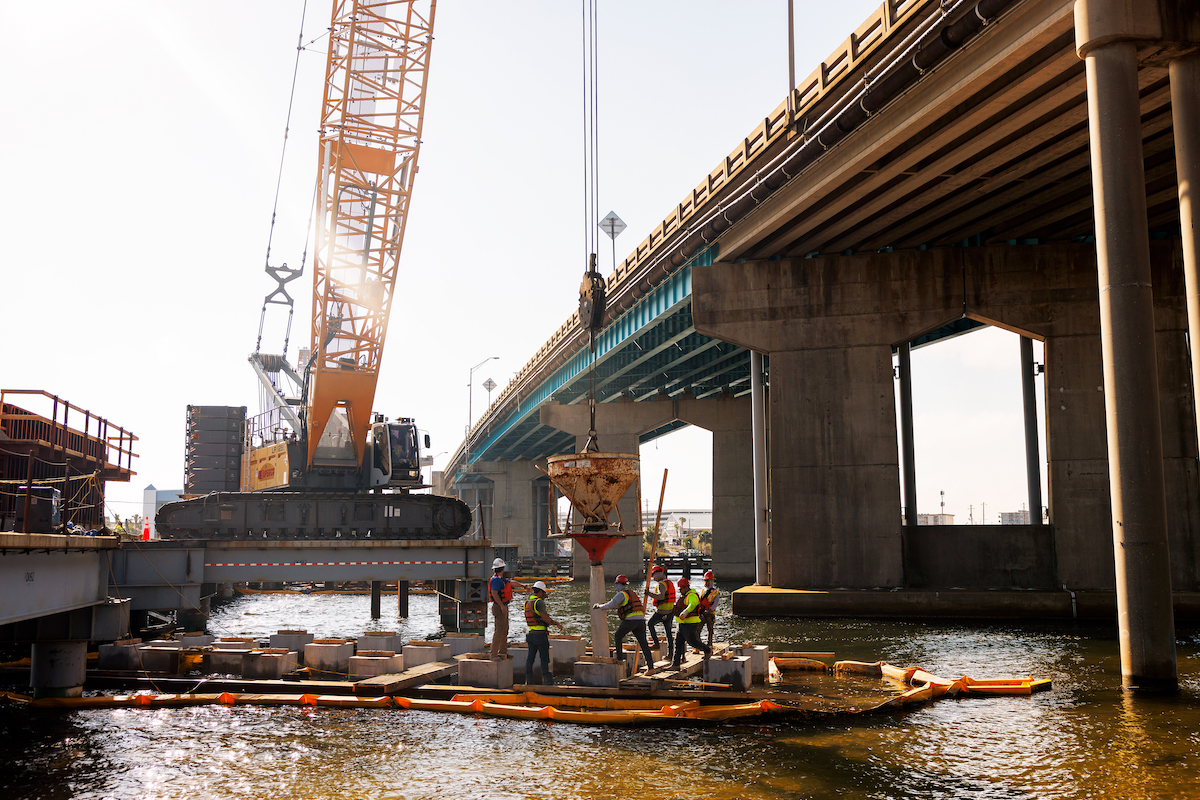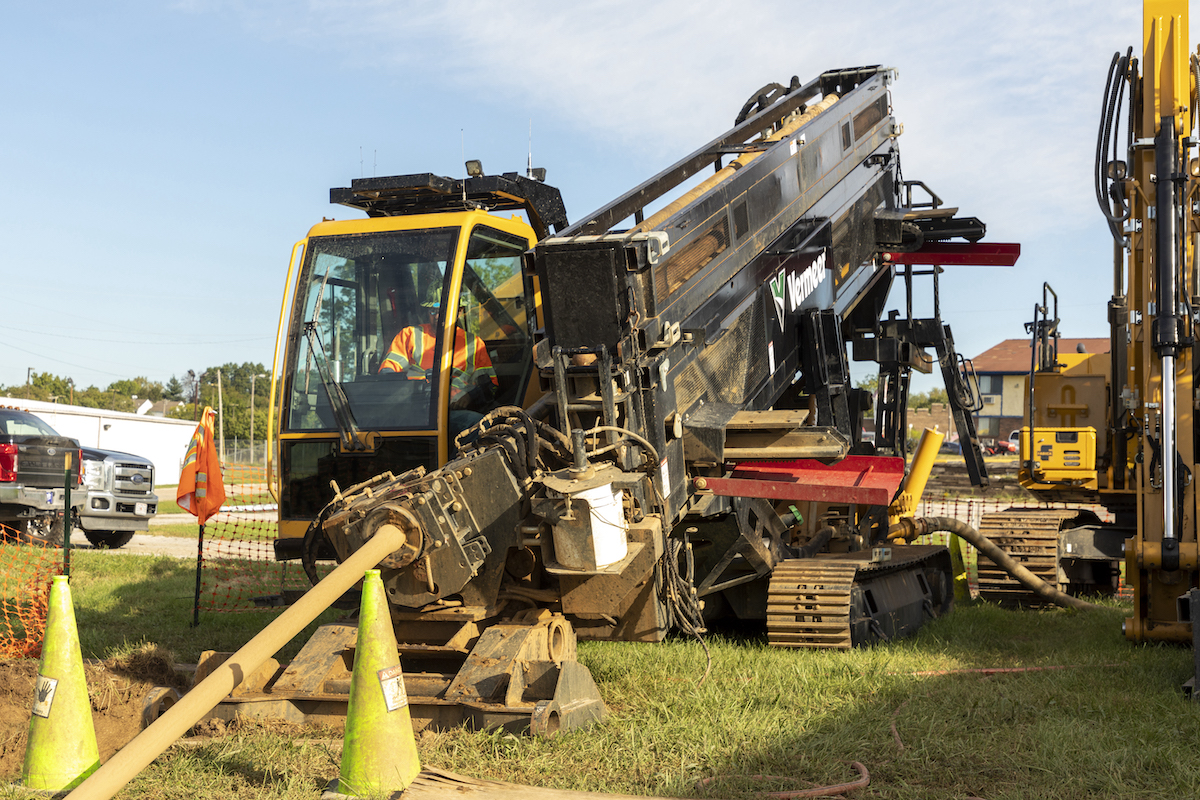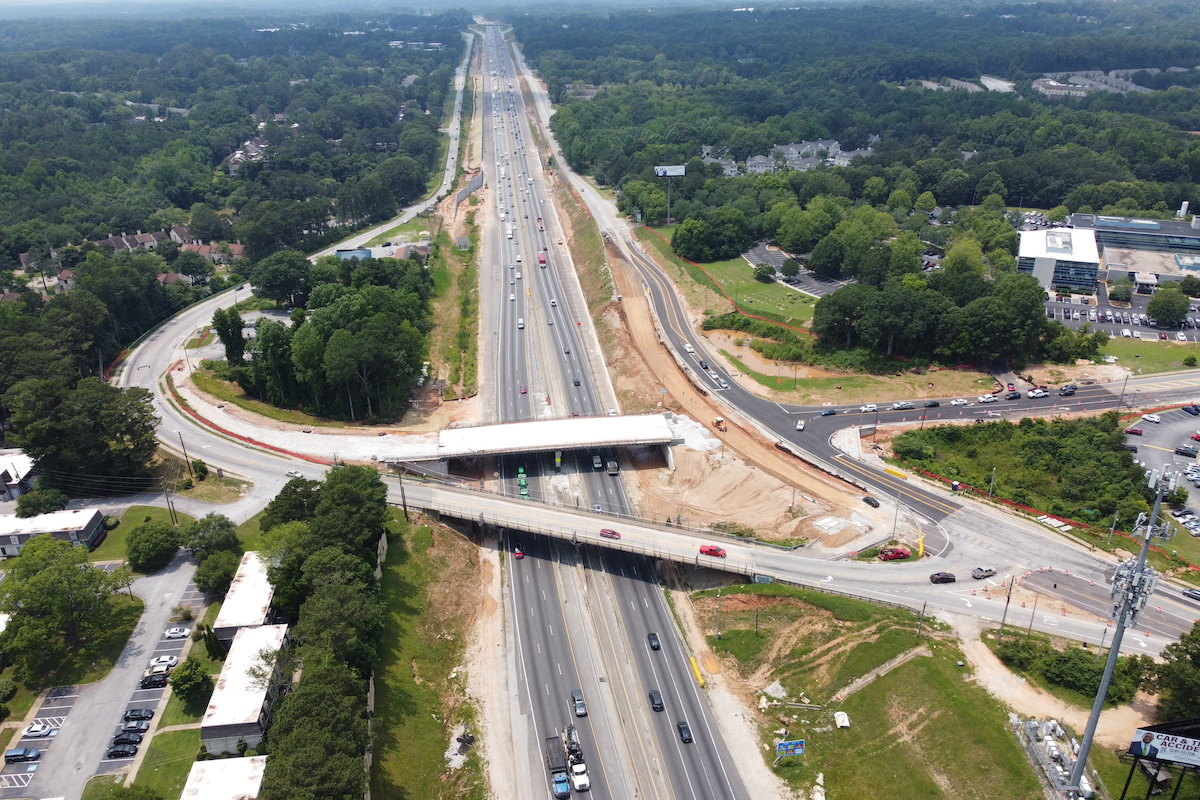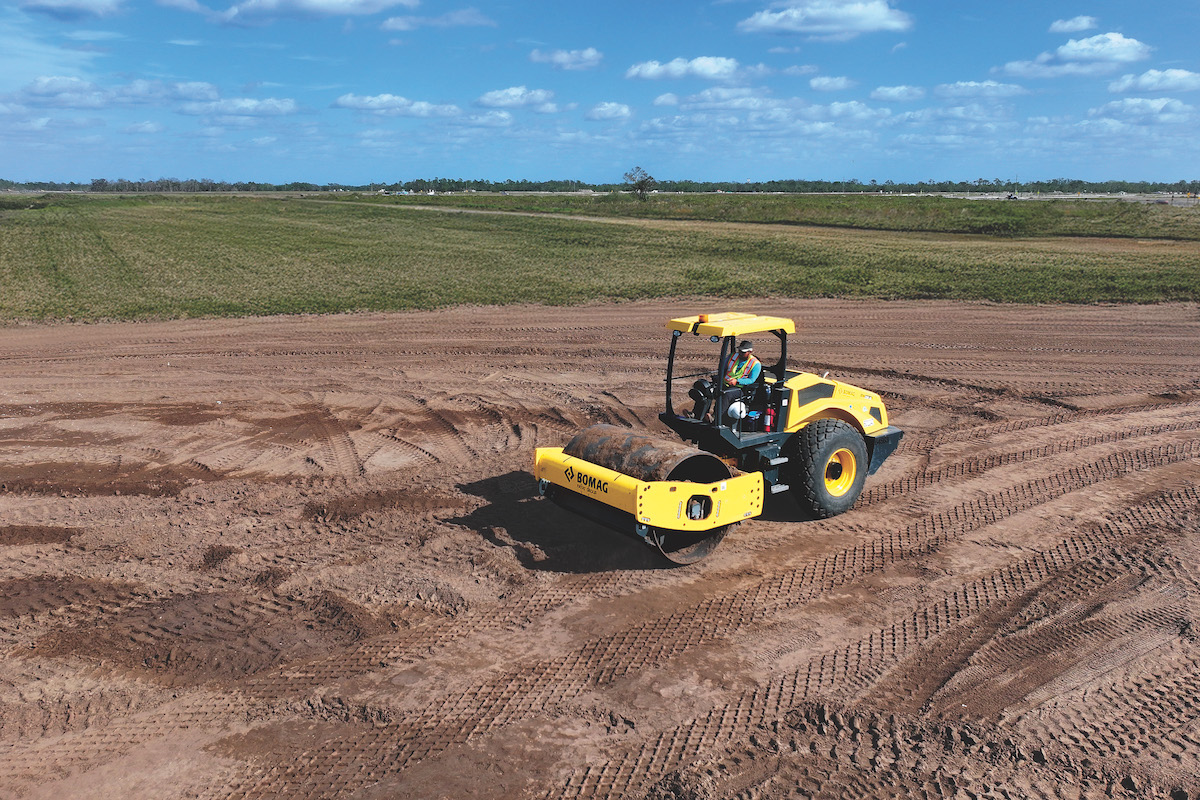At the same time, history has shown us that obstacles can be a catalyst for progress. It wasn’t long ago that the pandemic accelerated construction’s digital transformation with the sudden need to share information and collaborate remotely. In the same way, contractors are tackling today’s biggest challenges by rethinking how they work, from the office to the field.
Here are three emerging ways of working that are helping contractors collaborate with ease, work more efficiently, and do more with less.
Disconnected data is particularly burdensome on large projects when stakeholders insist on working within their software system of choice, leading to different systems that each tell a different story about where a project stands.
Fortunately, a world where completely different systems and software sold by separate developers connect is becoming a reality. Leading technology providers are prioritizing interoperability, connecting the data between their solutions and other systems. In addition to developing individual integrations, some vendors have created a marketplace of integrations that can be used by a contractor’s software team.

| Your local Iowa Mold Tooling Co Inc dealer |
|---|
| Nichols Fleet Equipment |
Automating the flow of data between different systems without effort from the end user ensures data consistency and makes it possible for all stakeholders to work from the same information in real time, regardless of how (or where) it’s entered. It also centralizes project governance to the preference of the controlling stakeholder, often the general contractor or project owner.
Stutsman-Gerbaz first incorporated GNSS and universal total stations for grade control onto its heavy equipment in 2016. That investment led to growth and allowed the company to diversify its services, moving from primarily residential to an equal balance of commercial and municipal projects and some demolition.
“We wanted to upgrade our entire fleet,” said Shay Stutsman, President of the company. “But the initial capital investment to outfit all of our machines with 3D grade control was daunting, so over the years we’ve been selective about which machines to automate.”
It was the launch of Trimble’s Works Plus, a subscription that lets contractors upgrade to the latest hardware and software, that made it possible for Stutsman-Gerbaz to upgrade more of its fleet.
“This subscription option was a real opportunity for our firm to equip the majority of the fleet with some additional benefits that go well beyond the availability of 3D grade control on a job,” said Stutsman, whose subscription includes a total station, a rover, and Trimble Earthworks on a dozer and multiple excavators.
Technology subscriptions lower barriers to entry, allowing contractors of all sizes to leverage the latest hardware and software without a costly upfront investment. For instance, with the Works Plus subscription, contractors can scale up and down as needed, which Stutsman sees as an investment in flexibility.
“We can sign up for subscriptions based on our backlog of work,” he said. “If we have a project that will only take a short time, I can sign up for a two-year subscription that covers all of the technology for that job. It eliminates that sizable upfront capital investment and allows us to make better business decisions.”
In preconstruction, AI can analyze countless combinations of designs based on predetermined factors and output the best design fit for factors such as earthwork cost or optimal energy consumption. In the future, AI will expand to analyze countless supply chain options and subcontractors, and plan for post-construction operational costs.
During construction, AI can track job site safety through video recognition, scanning for proactive equipment such as gloves, hats, and high-visibility gear. AI can also identify when workers are in dangerous positions, helping to avoid accidents by alerting project teams in real time.
In the office, AI is streamlining invoicing by automatically turning paper and PDF invoices into validated, unapproved invoice entries in construction ERP systems, saving contractors valuable time, effort, and money. Because construction projects involve intricate financial processes, even minor invoicing inaccuracies can lead to major setbacks. Using AI to automate the data extraction process increases accuracy, improves financial workflows, and streamlines overall project management.
Lawrence Smith is Vice President and General Manager of Construction Management Solutions at Trimble, responsible for the company’s civil, general, and specialty contractor software solutions. Trimble’s technology, software, and services span the entire architecture, engineering, and construction industry.



















